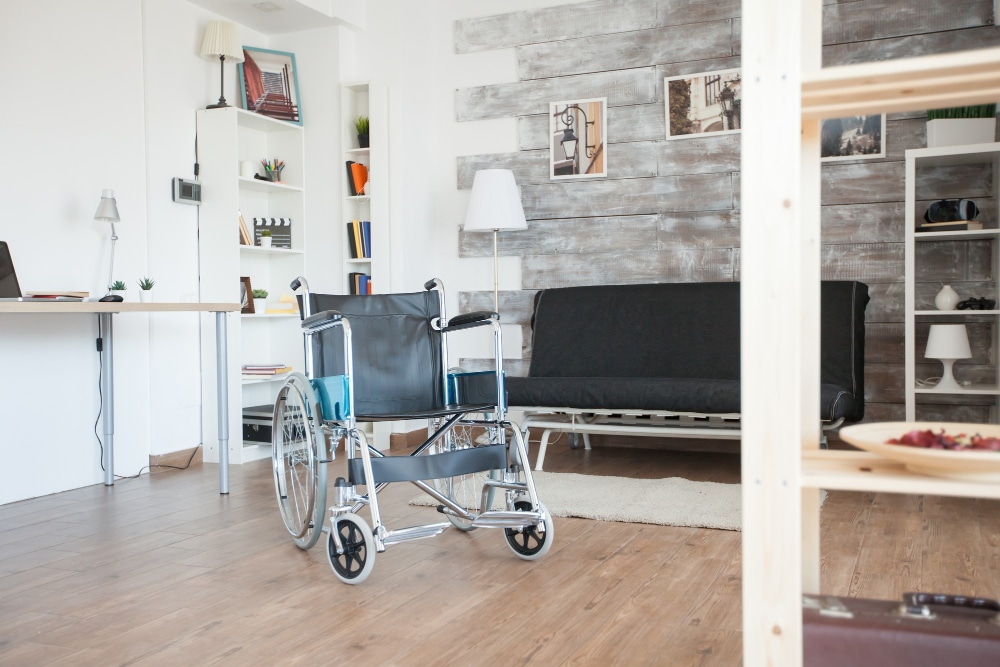It’s difficult knowing that you have a family member with a physical or mental condition, but you have an important role to play in helping them live their best life.
Whether it’s an elder struggling with Alzheimer’s or a son with developmental disabilities, you need to be their source of comfort and security.

There are challenges you will have to face. You may get into arguments or make compromises in your career and personal life to support their needs.
Despite these, you can still assume your role as a primary caregiver for your loved one. You just need to know how you can provide a struggling family member with all the love and care they need in the world.
Below is a guide to help you through this.
1. Be aware and well-informed
Misunderstanding a person’s disability can lead you to make the wrong decisions. You need to learn as much as you can about the condition so that you will know how to communicate with a loved one and learn how to manage their needs.
It also helps you avoid downplaying the disability and develop greater sensitivity to what the person is facing each day.
If your loved one is a veteran, you can also use this VA calculator to see how much support they are entitled to. This will help ensure that they receive the proper care and compensation for their service.
2. Get others to help out
Helping a loved one in need requires teamwork. You may need other members of the family to get involved in making the person’s life easier and more secure.
By taking the lead in caring for a disabled family member, you can encourage everyone else to contribute in any way they can.
This is also your way of telling a loved one that they’re not alone in their struggles.
3. Take part in their activities
You may also get involved in what your loved one wants to do. Whether it’s going on a beach outing or watching a movie, spending quality time with them is a great way to take their mind off their disability and help them realize they can still do fun things.
You can also take the initiative by suggesting new activities to try out.
4. Work closely with a medical professional
As the primary caregiver, you need to collaborate closely with a loved one’s doctor. You need to be well-informed and learn what options are available that can improve a family member’s condition.
In addition, you are also tasked to monitor their situation, provide guided care, and inform the doctor in case of emergencies or breakthroughs.
5. Give a listening ear
At some point, you may need to make critical decisions that might not suit the needs and wants of a disabled loved one.
Providing care is all about putting yourself in their shoes, so it’s important to listen to what they think is good for them and find the best possible solution.
If a loved one with dementia wants to stay close with family members but needs to live in a community that provides adequate memory care, consider looking for a facility near where you live.
In case you are in Seattle, you can check out the serene neighborhoods designed by Longhouse with locations in Bothell and other places in the Seattle metropolitan area.
Regardless of the physical and mental challenges that a loved one is facing, you must stay close by and help them pull through.
Use these tips and help them live a fulfilling life.
